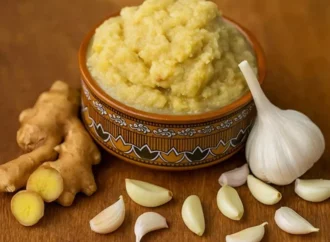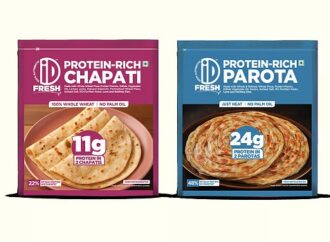For many, coffee is the fuel they need to kick-start their day. The celebrated status of this energy-boosting beverage is easily demonstrated. A simple Google search on quotes about coffee will give you an idea of how revered coffee is in the modern world, defined by its emphasis on hustle culture. However, like many foods and beverages, coffee is not free of controversy. There seems to be a divide on whether or not coffee is good for us. This divide is further deepened by reports of coffee adulteration and its detrimental effects on human health. Therefore, it is essential to understand the components of your caffeine and its benefits and drawbacks, while also being aware of the adulterants used in the beverage.
The Controversy

The efficacy of caffeine as a healthy beverage has often been debated. It has been the subject of numerous studies. When looking at its pros, reportedly, a cup of coffee a day can help you live longer, and drinking it regularly lowers your susceptibility to a variety of conditions like heart disease and several types of cancer such as liver, breast, and colon cancers. Studies have shown that it can improve your memory and mood, boost your energy levels, and improve your mental health and cognitive function. It can also aid in the breakdown of body fats, and drinking coffee might also lower the risk of developing other conditions such as Type 2 diabetes, stroke (in women), and chronic kidney disease.
On the other hand, there are several cons of caffeine where there have been instances of patients experiencing dizziness, tremors, and insomnia as a result of caffeine consumption. Caffeine in large quantities has been connected to anxiety, digestive problems, high blood pressure, and a rapid heart rate.
At the end of the day, studies are all about balancing the risks and advantages of the evidence
The Adulteration
The adulteration of roasted coffee is a cost-cutting strategy to elicit economic benefits. Owing to the commercial importance of coffee production and consumption, it is often adulterated. Twigs, coffee husks, roots, legumes, and other roasted grains like corn, barley, soy, oats, and rice have been used as coffee adulterants because their chemical composition and sensorial characteristics (taste or smell) do not significantly change that of coffee. Over a hundred compounds are thought to be used as coffee adulterants. The act of mixing is unlawful if it is not declared by the producer.
However, in certain countries such as England, consumers have accepted this practice, such as in the cases of chicory (a French coffee) or fig brew (a Viennese coffee).
The Bottom Line

In the end, we are all left with the question- Is coffee good or bad for us? Truth be told, it depends; depends severely on each one’s body, preferences, and health. Coffee reports that contradict each other frequently make the headlines, but consumers should take these findings with a grain of salt and analyze them for themselves as no report can truly cater to how each one of our bodies reacts to it.
David Lynch once said that “even a bad cup of coffee is better than no coffee at all.”
However, it is up to each one of us to decide what exactly constitutes a ‘bad’ cup of coffee.
 Food Manifest
Food Manifest 



















Leave a Comment
Your email address will not be published. Required fields are marked with *